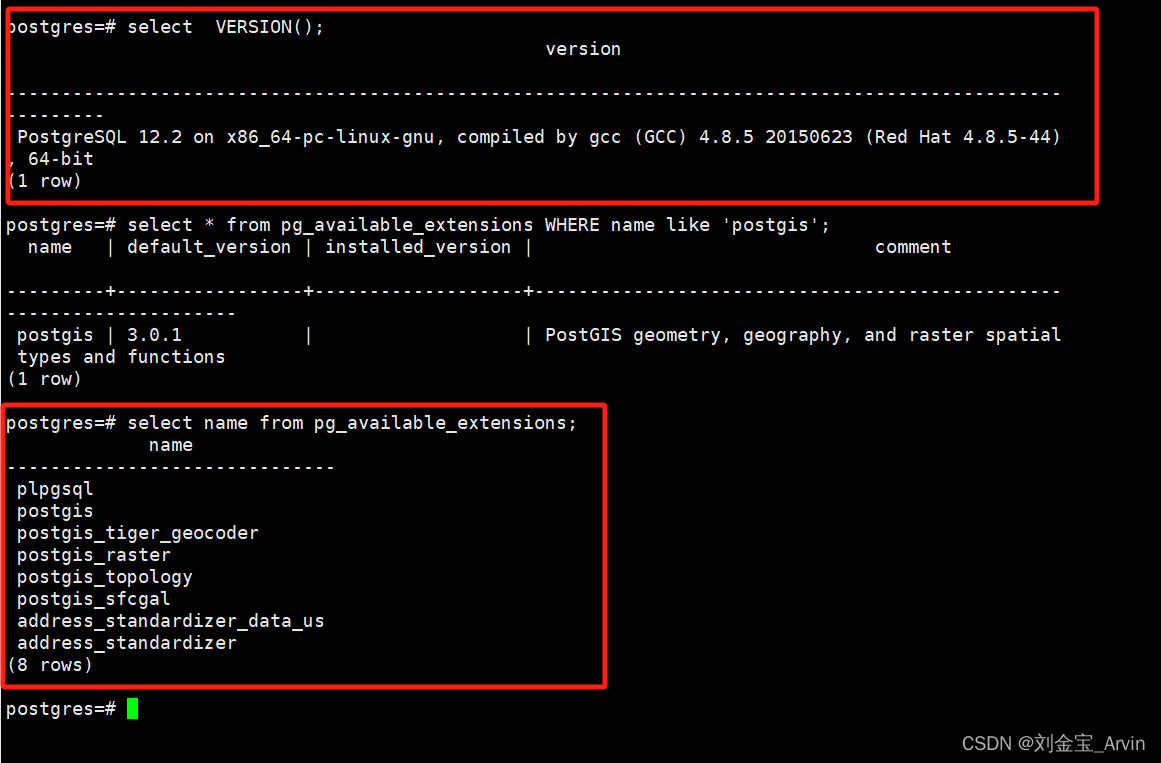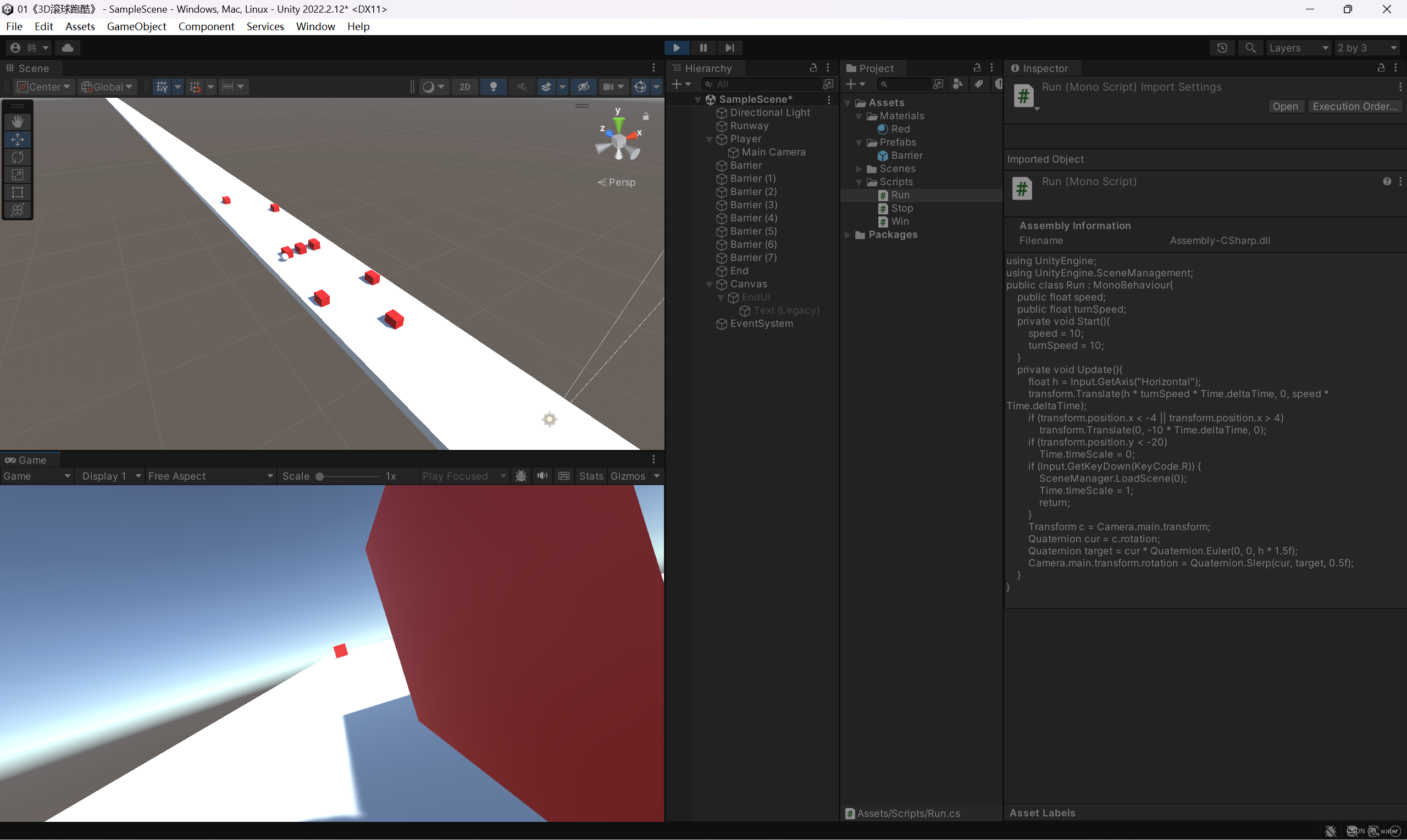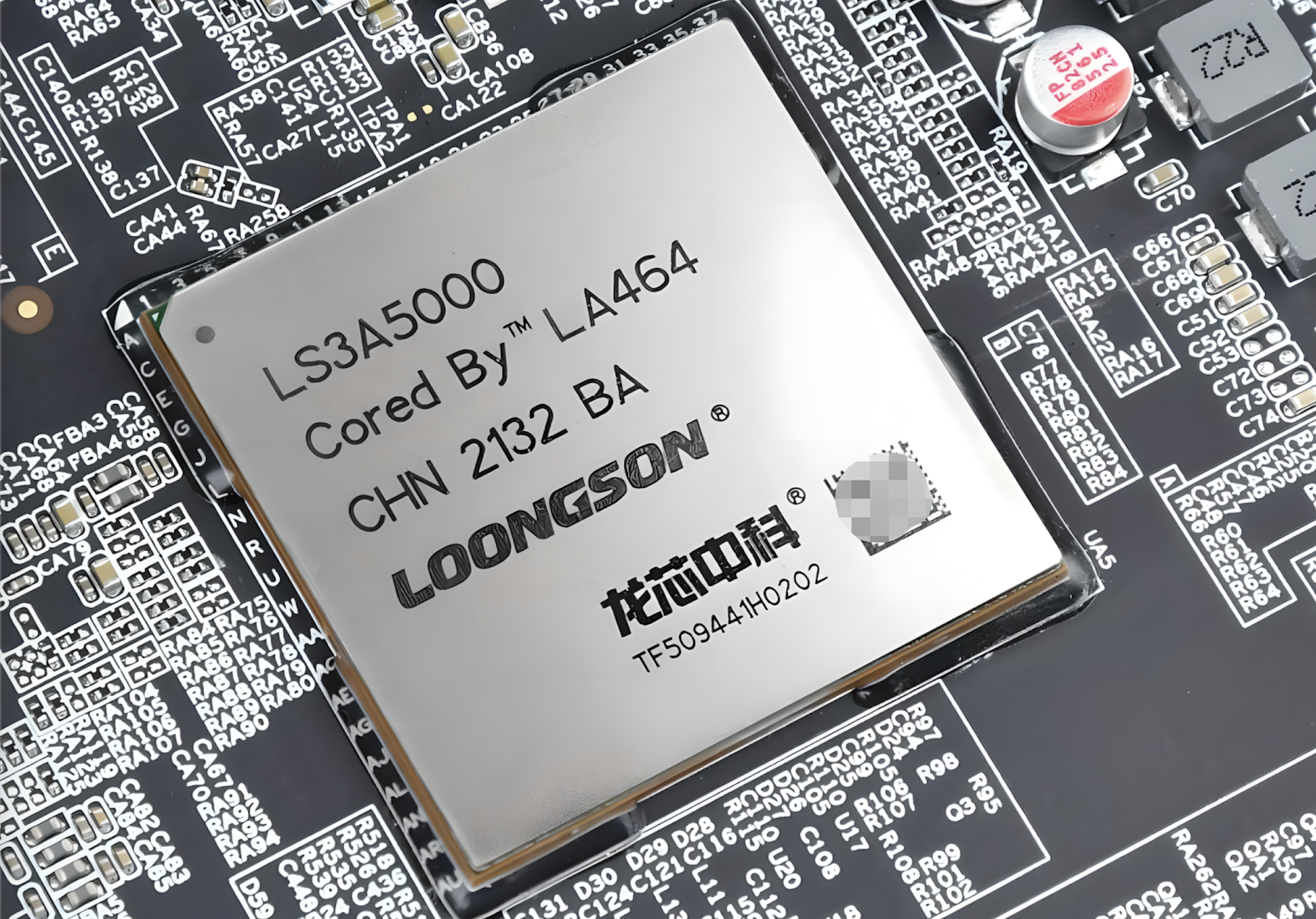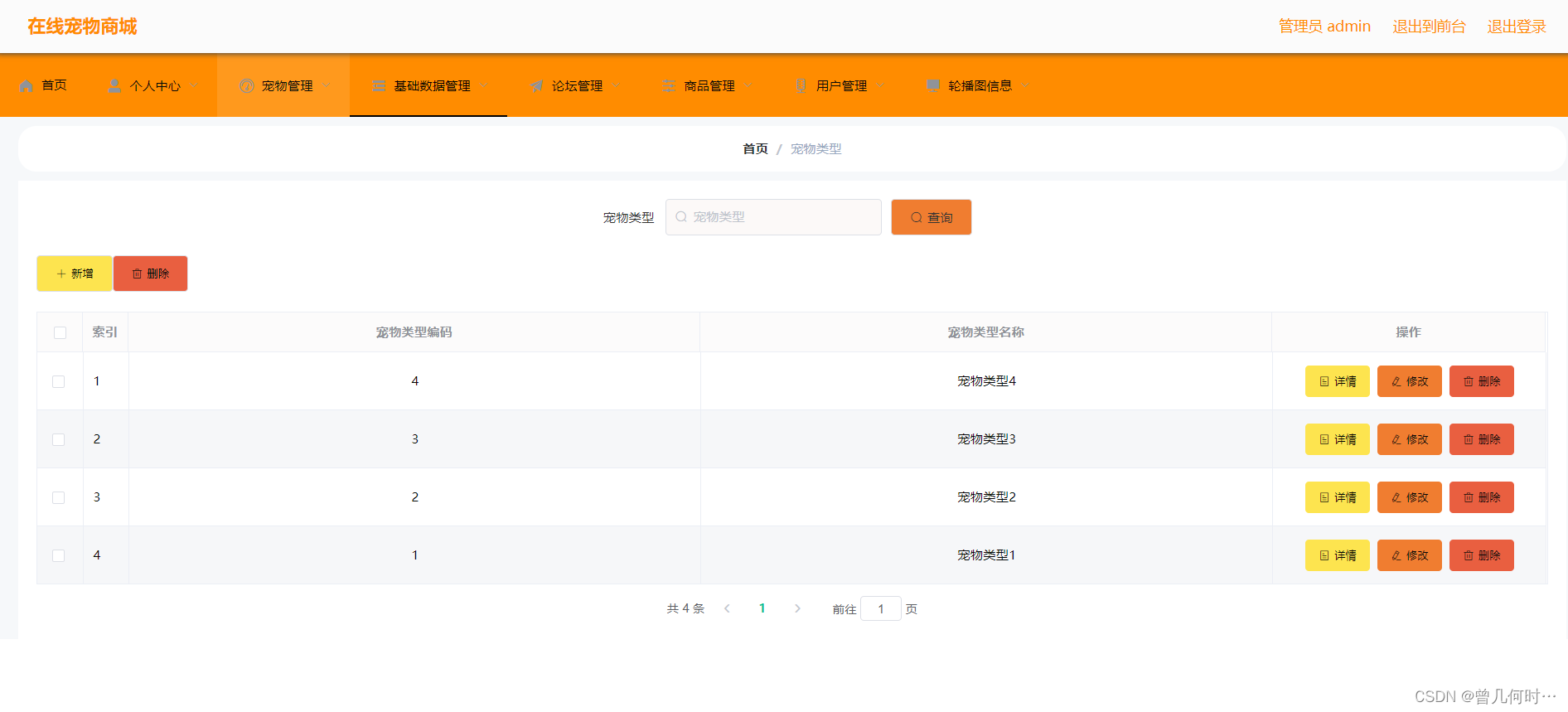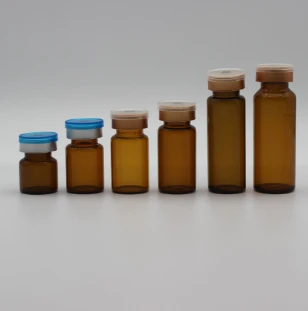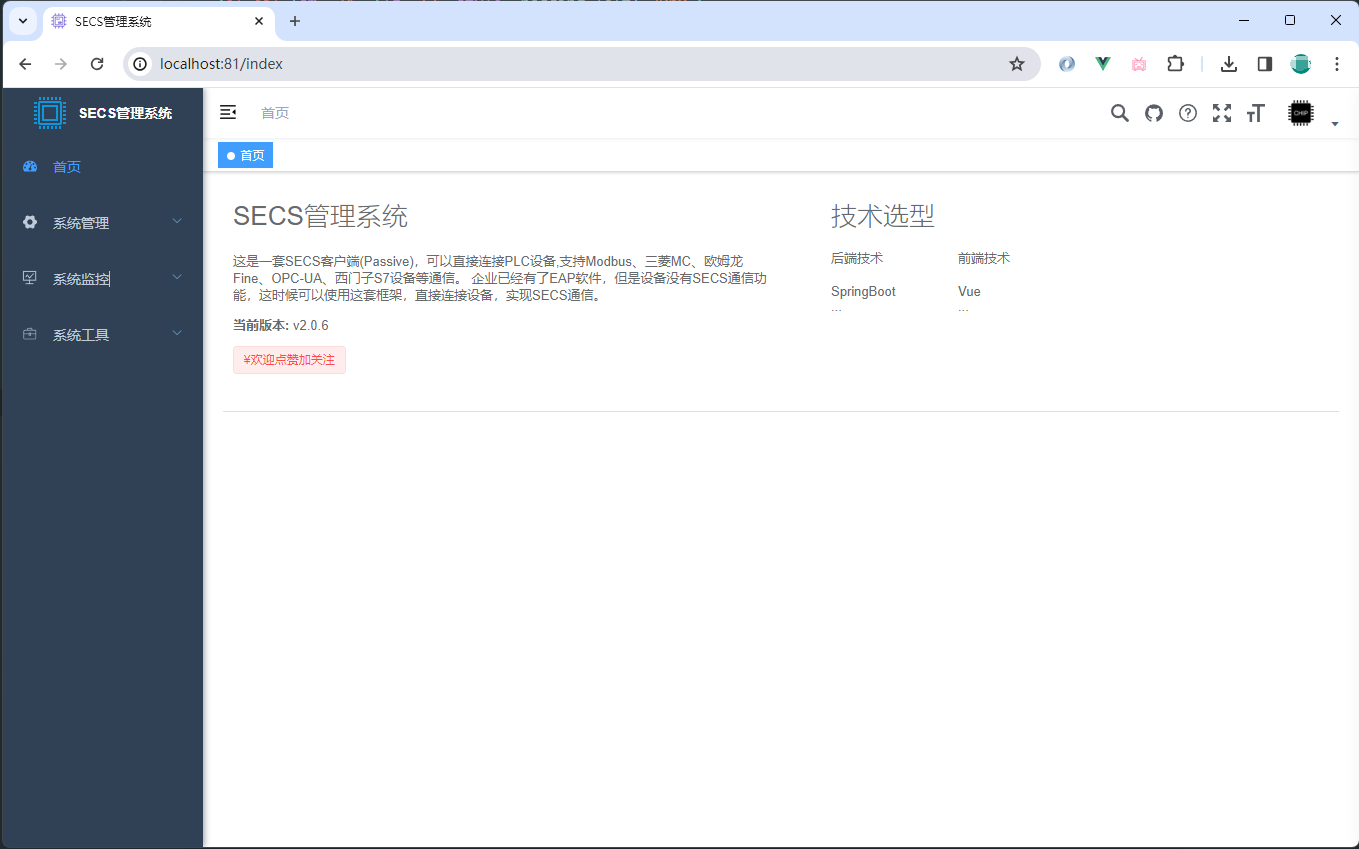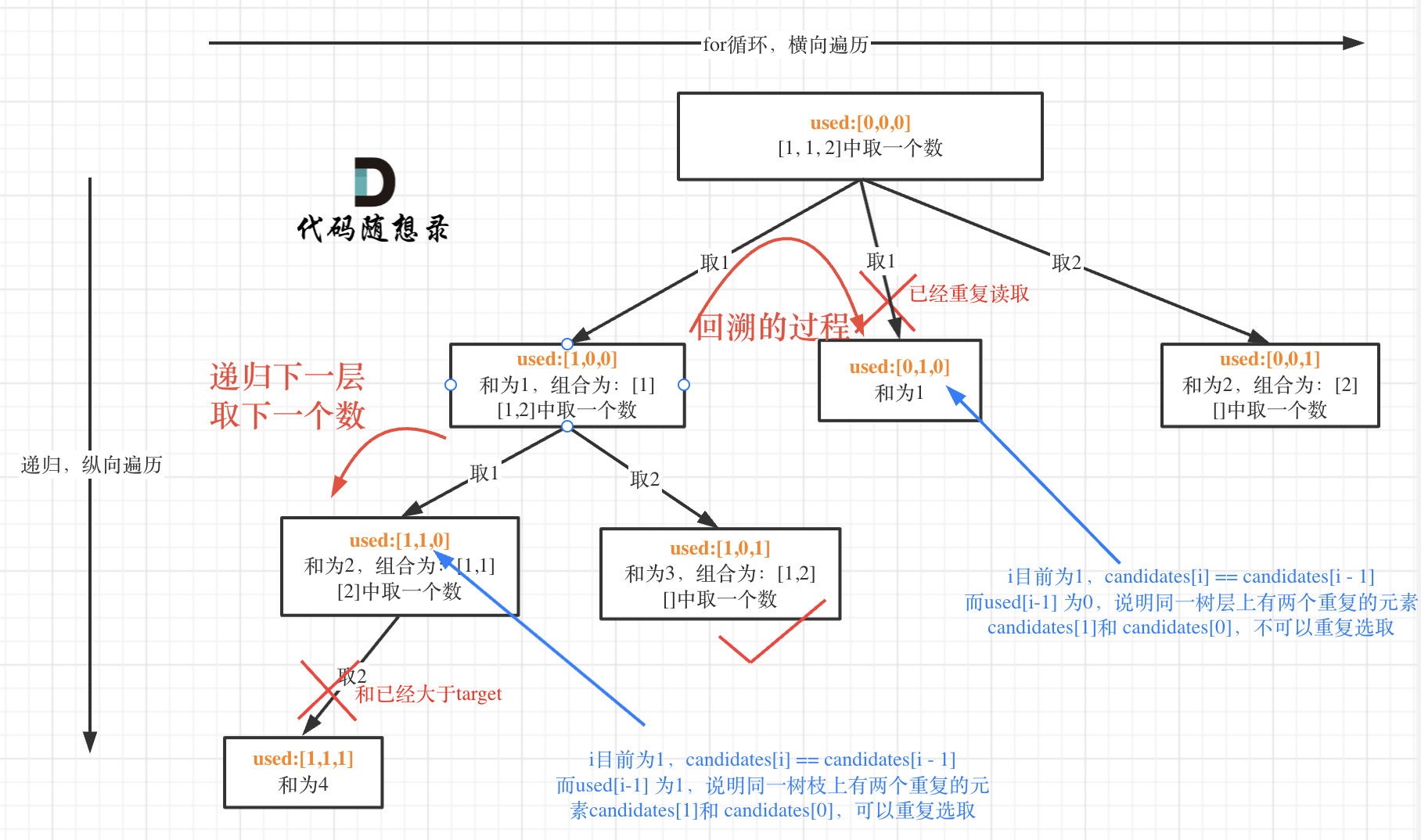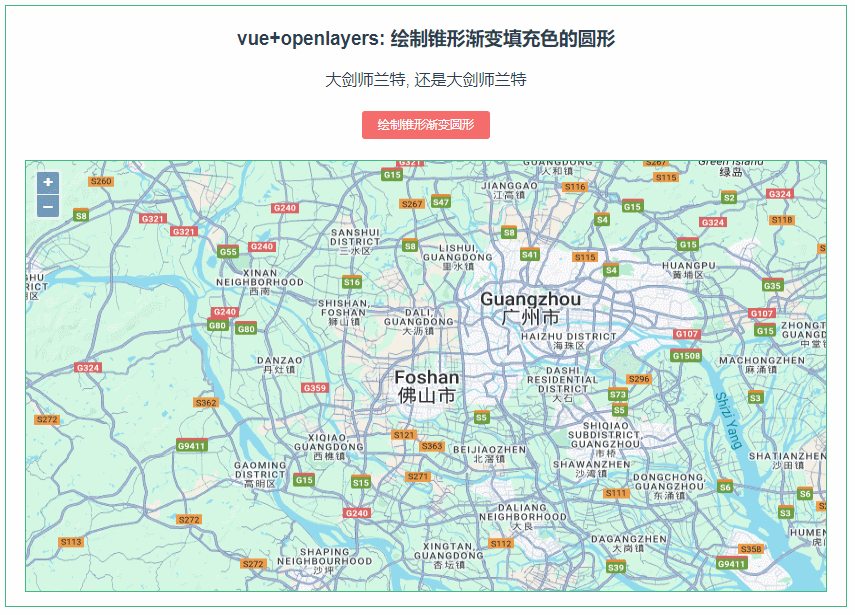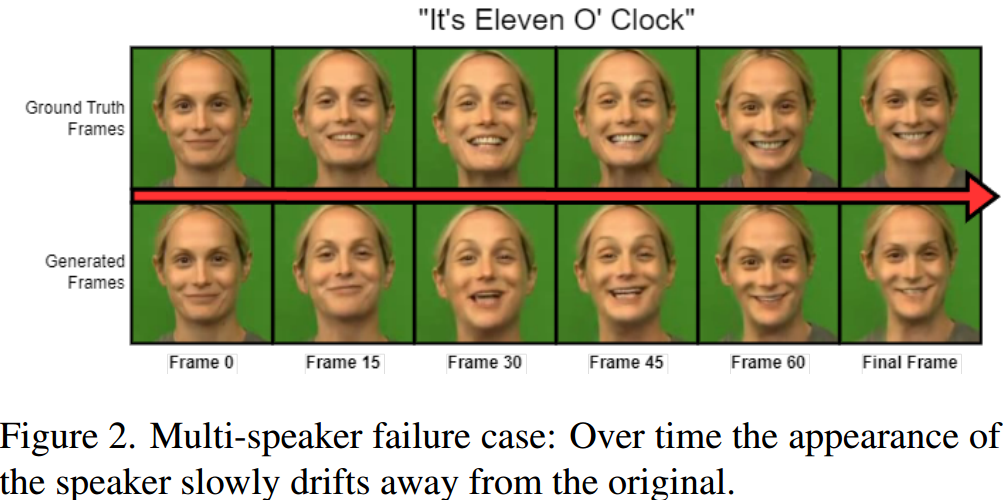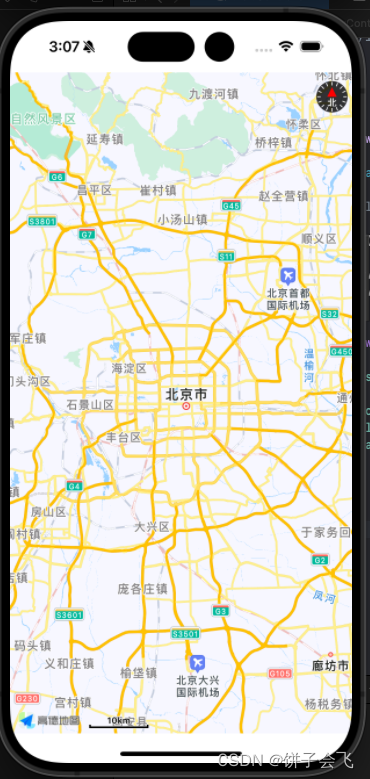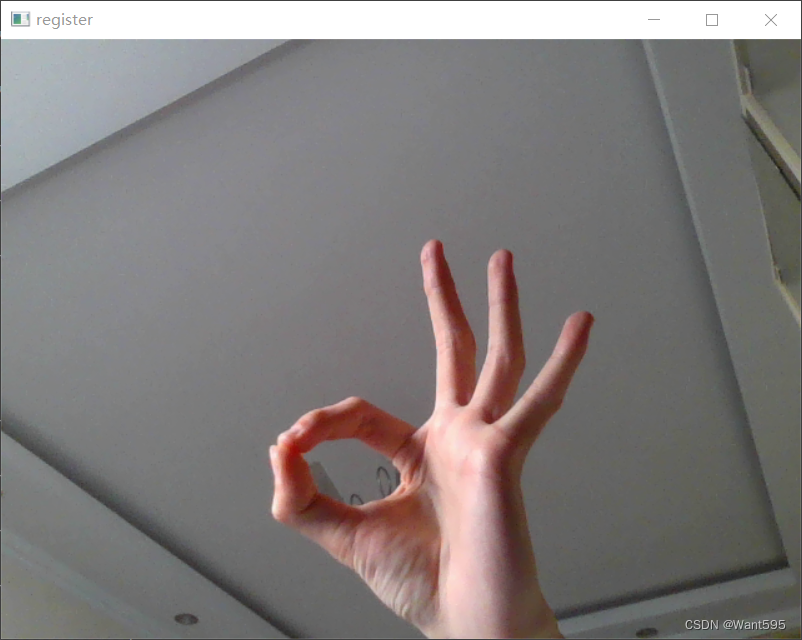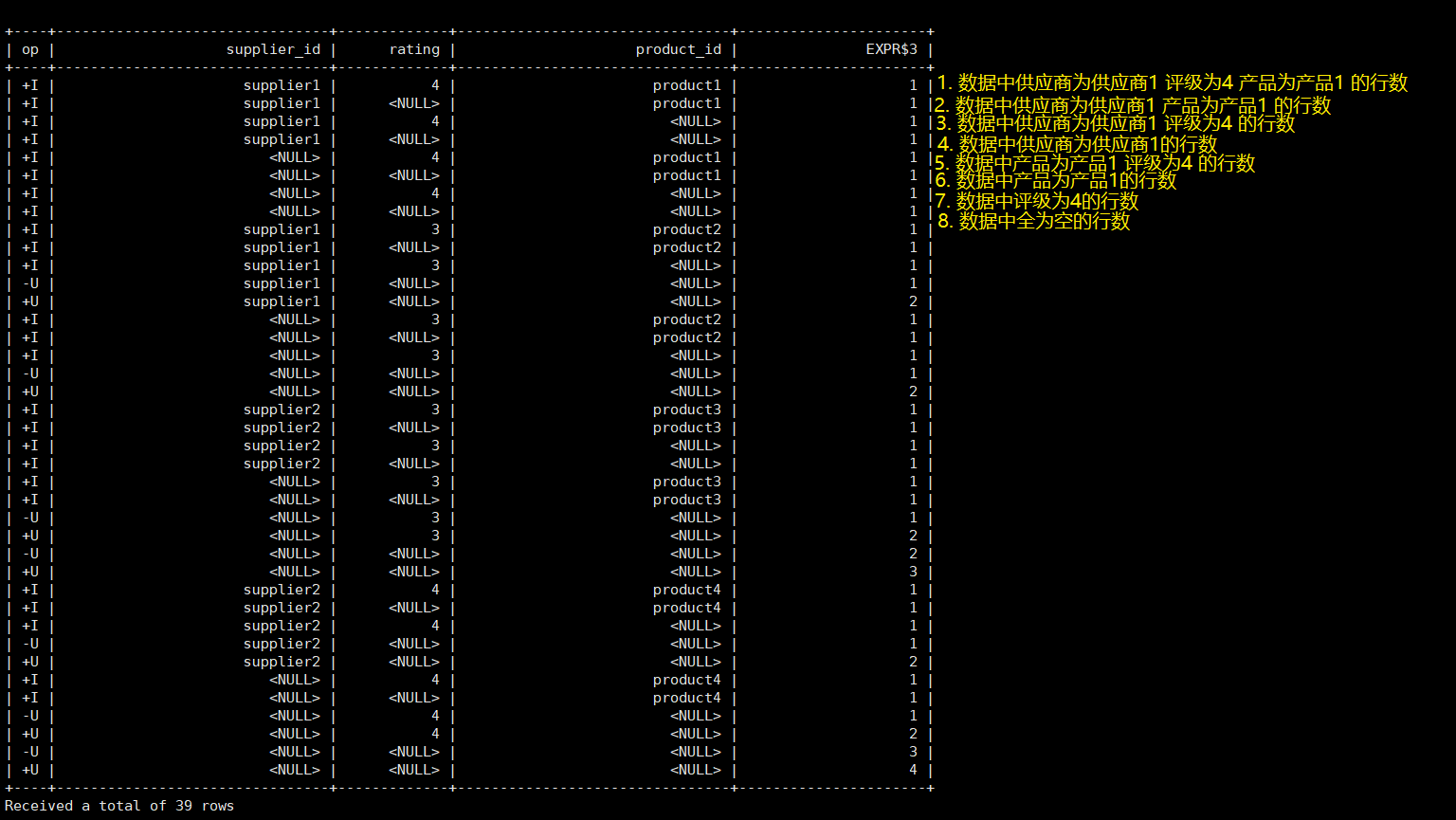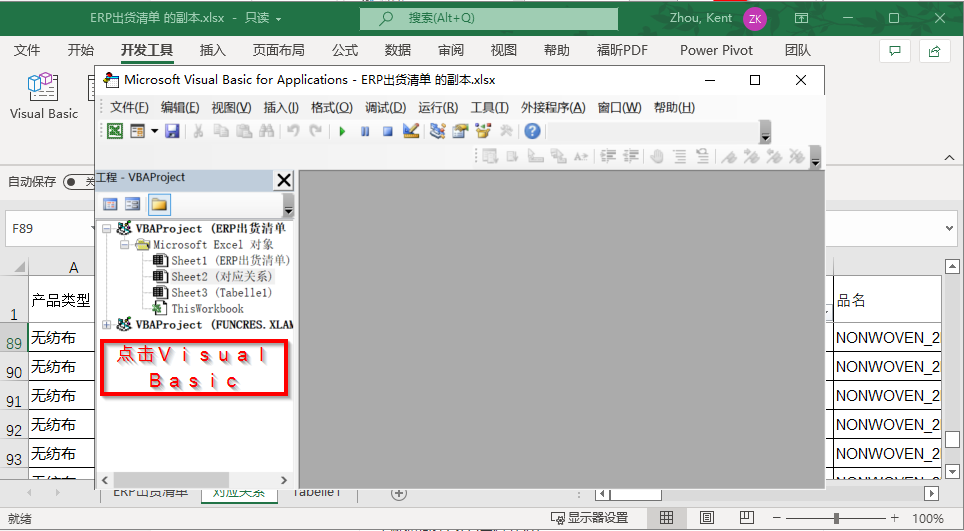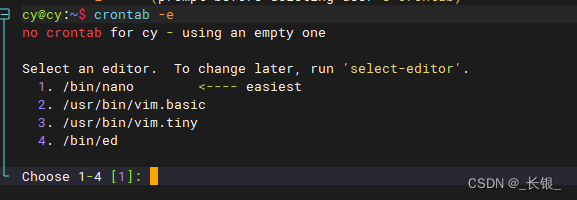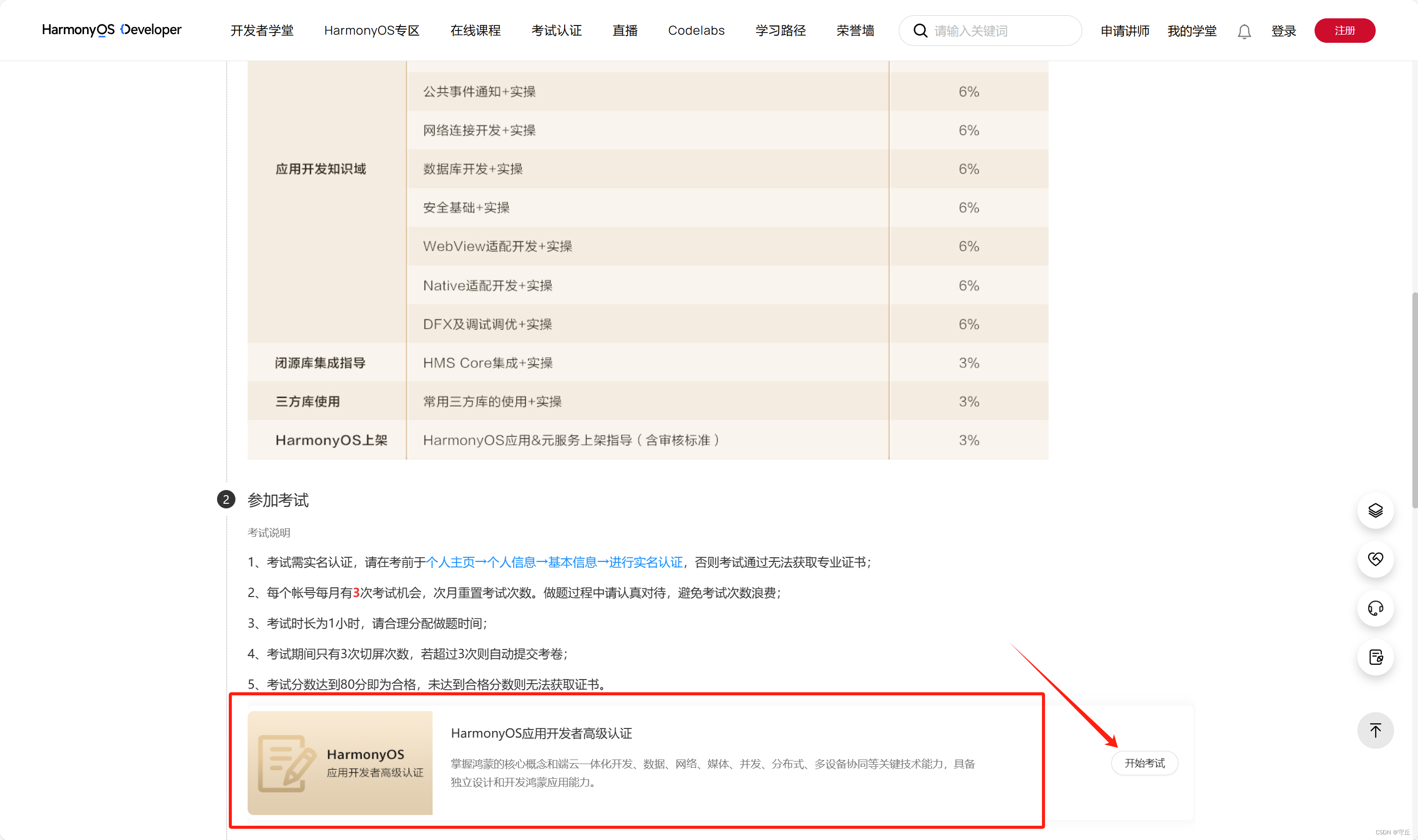背景
PaddleOCR提供了一系列测试图片,你可以通过点击这里来下载。
值得注意的是,PaddleOCR的模型更新速度远远快于DJL,这导致了一些DJL的优化滞后问题。因此,我们需要采取一些策略来跟上PaddleOCR的最新进展。
针对文本检测模型,你可以参考以下资源:
- 文档:PaddleOCR文本检测模型推理文档
- Python推理代码:PaddleOCR文本检测模型推理代码
文本检测模型推理,默认使用DB模型的配置参数。
通过参数limit_type和det_limit_side_len来对图片的尺寸进行限制, limit_type可选参数为[max, min], det_limit_size_len 为正整数,一般设置为32 的倍数,比如960。
参数默认设置为limit_type='max', det_limit_side_len=960。表示网络输入图像的最长边不能超过960, 如果超过这个值,会对图像做等宽比的resize操作,确保最长边为det_limit_side_len。 设置为limit_type='min', det_limit_side_len=960 则表示限制图像的最短边为960。
如果输入图片的分辨率比较大,而且想使用更大的分辨率预测,可以设置det_limit_side_len 为想要的值。
DJL原始输入输出
模型的输入和输出在PpWordDetectionTranslator.java中。
Criteria<Image, DetectedObjects> criteria1 = Criteria.builder()
.optEngine("PaddlePaddle")
.setTypes(Image.class, DetectedObjects.class)
.optModelUrls("https://paddleocr.bj.bcebos.com/PP-OCRv4/chinese/ch_PP-OCRv4_det_infer.tar")
.optTranslator(new PpWordDetectionTranslator(new ConcurrentHashMap<String, String>()))
.build();
public class PpWordDetectionTranslator implements NoBatchifyTranslator<Image, DetectedObjects> {
private final int maxLength;
/**
* Creates the {@link PpWordDetectionTranslator} instance.
*
* @param arguments the arguments for the translator
*/
public PpWordDetectionTranslator(Map<String, ?> arguments) {
maxLength = ArgumentsUtil.intValue(arguments, "maxLength", 960);
}
/** {@inheritDoc} */
@Override
public DetectedObjects processOutput(TranslatorContext ctx, NDList list) {
NDArray result = list.singletonOrThrow();
ImageFactory factory = ImageFactory.getInstance();
List<BoundingBox> boxes;
// faster mechanism
if ("ai.djl.opencv.OpenCVImageFactory".equals(factory.getClass().getName())) {
result = result.squeeze(0);
Image image = factory.fromNDArray(result);
boxes =
image.findBoundingBoxes().parallelStream()
.filter(
box -> {
Rectangle rect = (Rectangle) box;
return rect.getWidth() * image.getWidth() > 5
|| rect.getHeight() * image.getHeight() > 5;
})
.collect(Collectors.toList());
} else {
result = result.squeeze().mul(255f).toType(DataType.UINT8, true).neq(0);
boolean[] flattened = result.toBooleanArray();
Shape shape = result.getShape();
int w = (int) shape.get(0);
int h = (int) shape.get(1);
boolean[][] grid = new boolean[w][h];
IntStream.range(0, flattened.length)
.parallel()
.forEach(i -> grid[i / h][i % h] = flattened[i]);
boxes = new BoundFinder(grid).getBoxes();
}
List<String> names = new ArrayList<>();
List<Double> probs = new ArrayList<>();
int boxSize = boxes.size();
for (int i = 0; i < boxSize; i++) {
names.add("word");
probs.add(1.0);
}
return new DetectedObjects(names, probs, boxes);
}
/** {@inheritDoc} */
@Override
public NDList processInput(TranslatorContext ctx, Image input) {
NDArray img = input.toNDArray(ctx.getNDManager());
int h = input.getHeight();
int w = input.getWidth();
int[] hw = scale(h, w, maxLength);
img = NDImageUtils.resize(img, hw[1], hw[0]);
img = NDImageUtils.toTensor(img);
img =
NDImageUtils.normalize(
img,
new float[] {0.485f, 0.456f, 0.406f},
new float[] {0.229f, 0.224f, 0.225f});
img = img.expandDims(0);
return new NDList(img);
}
private int[] scale(int h, int w, int max) {
int localMax = Math.max(h, w);
float scale = 1.0f;
if (max < localMax) {
scale = max * 1.0f / localMax;
}
// paddle model only take 32-based size
return resize32(h * scale, w * scale);
}
private int[] resize32(double h, double w) {
double min = Math.min(h, w);
if (min < 32) {
h = 32.0 / min * h;
w = 32.0 / min * w;
}
int h32 = (int) h / 32;
int w32 = (int) w / 32;
return new int[] {h32 * 32, w32 * 32};
}
}
DJL输出优化 一
// 原输出如下:
[
{"class": "word", "probability": 1.00000, "bounds": {"x"=0.121, "y"=0.873, "width"=0.262, "height"=0.021}}
{"class": "word", "probability": 1.00000, "bounds": {"x"=0.384, "y"=0.854, "width"=0.538, "height"=0.031}}
{"class": "word", "probability": 1.00000, "bounds": {"x"=0.395, "y"=0.670, "width"=0.335, "height"=0.020}}
...
置信度`probability`是写死的,`bounds`是按比例缩小的不对。
// 优化后输出如下:
[
{"class": "word", "probability": 1.00000, "bounds": {"x"=0.099, "y"=0.852, "width"=0.305, "height"=0.064}}
{"class": "word", "probability": 1.00000, "bounds": {"x"=0.353, "y"=0.822, "width"=0.600, "height"=0.094}}
{"class": "word", "probability": 1.00000, "bounds": {"x"=0.376, "y"=0.650, "width"=0.374, "height"=0.059}}
...
修复了`bounds`是按比例缩小的不对问题 置信度 没啥用,优化还不如 过滤掉过大或者过小的box
多引入个djl opencv包
<dependency>
<groupId>ai.djl.opencv</groupId>
<artifactId>opencv</artifactId>
<version>0.25.0</version>
</dependency>
代码我尝试着翻译python为java但是很痛苦,我们还是在dlj上修改吧,如下:
1.修改模型加载这个地方
Criteria<Image, DetectedObjects> criteria1 = Criteria.builder()
.optEngine("PaddlePaddle")
.setTypes(Image.class, DetectedObjects.class)
.optModelUrls("https://paddleocr.bj.bcebos.com/PP-OCRv4/chinese/ch_PP-OCRv4_det_infer.tar")
.optTranslator(new PpWordDetectionTranslator2(new ConcurrentHashMap<String, String>()))
.build();
2.新增PpWordDetectionTranslator2类,仅修改如下内容
public DetectedObjects processOutput(TranslatorContext ctx, NDList list) {
NDArray result = list.singletonOrThrow();
ImageFactory factory = ImageFactory.getInstance();
List<BoundingBox> boxes;
// faster mechanism
if ("ai.djl.opencv.OpenCVImageFactory".equals(factory.getClass().getName())) {
result = result.squeeze(0);
Image image = factory.fromNDArray(result);
boxes =
image.findBoundingBoxes().parallelStream()
.filter(
box -> {
Rectangle rect = (Rectangle) box;
return rect.getWidth() * image.getWidth() > 5
|| rect.getHeight() * image.getHeight() > 5;
})
.collect(Collectors.toList());
} else {
result = result.squeeze().mul(255f).toType(DataType.UINT8, true).neq(0);
boolean[] flattened = result.toBooleanArray();
Shape shape = result.getShape();
int w = (int) shape.get(0);
int h = (int) shape.get(1);
boolean[][] grid = new boolean[w][h];
IntStream.range(0, flattened.length)
.parallel()
.forEach(i -> grid[i / h][i % h] = flattened[i]);
boxes = new BoundFinder(grid).getBoxes();
}
List<String> names = new ArrayList<>();
List<Double> probs = new ArrayList<>();
// 对矩形区域进行扩展处理 start
List<BoundingBox> extendBoxes = new ArrayList<>();
for (BoundingBox box : boxes) {
names.add("word");
probs.add(1.0);
Rectangle rect = box.getBounds();
double[] extended = extendRect(rect.getX(), rect.getY(), rect.getWidth(), rect.getHeight());
extendBoxes.add(new Rectangle(extended[0], extended[1], extended[2], extended[3]));
}
// 对矩形区域进行扩展处理 end
return new DetectedObjects(names, probs, extendBoxes);
}
优化前:

优化后:

优化输入
会多识别出来一些内容。
private int[] scale(int h, int w, int max) {
int localMax = Math.max(h, w);
float ratio = 1.0f;
if (Math.max(h, w) > max) {
if (h > w) {
ratio = (float) max / (float) h;
} else {
ratio = (float) max / (float) w;
}
}
// paddle model only take 32-based size
return resize32(h * ratio, w * ratio);
}
private int[] resize32(double h, double w) {
int resize_h = Math.round((float) h / 32f) * 32;
int resize_w = Math.round((float) w / 32f) * 32;
return new int[]{resize_h, resize_w};
}
